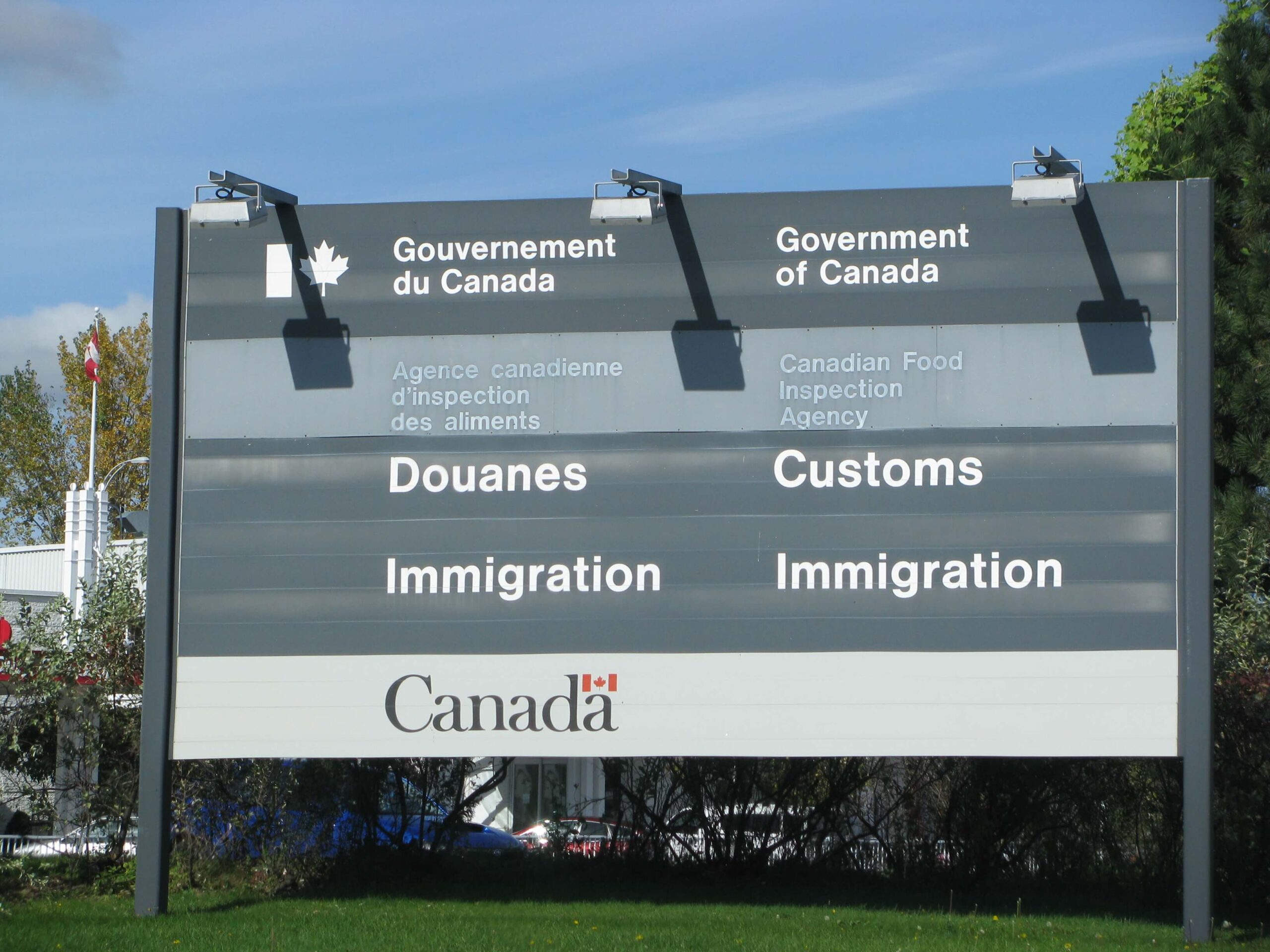The Express Entry immigration system introduced on Jan. 1 represents a marked departure from Canada’s existing ‘first come, first served’ way of previously processing applications. While the overall response from employers remains an unknown, the new system can be expected to improve Canada’s global economic competitiveness and usher new immigrants into well-paying jobs soon after landing.
Modelled after similar systems in Australia (SkillSelect) and New Zealand (Expression of Interest), Express Entry aims to: address labour shortages, provide easier job matching between employers and immigrants, reduce and prevent application back-logs and offer a processing service standard of six months or less. These objectives are designed to tackle some of the pressing ailments of Canada’s immigration system. This brief provides an overview of what you can expect from Express Entry.
Canada stands to gain by attracting high-calibre immigrants who help fill labour market gaps and boost the nation’s economic competitiveness. The Conference Board of Canada has conducted ample research that demonstrates this case.
Express Entry is a two-step electronic system that will manage permanent residence applications for three federal economic immigration programs.
Step 1
Has prospective immigrants to Canada creating online profiles, which are then awarded points and assigned scores by Citizenship and Immigration Canada (CIC) based on a range of criteria including skills, language abilities, work experience and educational attainment. Candidates without an existing job offer in Canada, or without a nomination from a province or territory, must register with Employment Skills and Development Canada’s Job Bank, which will help candidates connect with Canadian employers.
Step 2
Places candidates in a pool. Based on their scores, CIC will subsequently extend ‘Invitations to Apply’to the highest scoring candidates – those who score well due to their credentials and/or because they received a job offer or were nominated by a province. According to CIC, 80 per cent of successful candidates who accept invitations(submitting applications in 60 days) will have their permanent residence applications processed within just six months – down from current processing times that can often take years.
The Up Side
Express Entry is poised to yield strong outcomes for employers, immigrants and Canada as the selection process favours candidates who best meet Canada’s labour market needs. Enabling employers to connect with candidates through the Job Bank allows employers to meet their operational requirements quickly. Skilled immigrants are expected to achieve higher long term outcomes from having pre-arranged – and well paid – employment upon arrival to Canada. This will address one of the greatest challenges skilled immigrants often face in Canada – finding gainful employment.
Canada stands to gain by attracting high-calibre immigrants who help fill labour market gaps and boost the nation’s economic competitiveness. The Conference Board of Canada has conducted ample research that demonstrates this case. Quicker processing standards should also enhance Canada’s appeal to high-quality immigrants who may otherwise be dissuaded from applying for immigration to Canada due to long processing times and choose alternate immigration destinations instead. Also, because many immigrants will arrive with well-paying jobs already in place, and will arrive as permanent residents with a path to citizenship, Canada may stand to gain from a larger, more lucrative tax base.
The Work To Be Done
CIC needs to do a lot of heavy lifting to ensure Express Entry becomes a hit. Effective marketing and communication is crucial to its success as stakeholders across Canada are eager to understand how the new system works. To its credit, CIC is currently pursuing an aggressive Express Entry promotional campaign. They will need to continue these efforts throughout 2015.
A significant uncertainty is employer engagement. While many Canadian employers suffer from labour shortages, it is unknown just how enthusiastic they will be about hiring candidates without so-called ‘Canadian experience.’
Much of Express Entry’s success also hinges upon CIC’s ability to meet its promise of processing applications in six months or less. This is the system’s single most compelling feature. Should CIC deliver on this promise, Express Entry will quiet complaints that Canada’s immigration system is not responsive enough.
A significant uncertainty is employer engagement. While many Canadian employers suffer from labour shortages, it is unknown just how enthusiastic they will be about hiring candidates without so-called ‘Canadian experience.’ Similarly, immigrants who arrive via Express Entry without pre-arranged employment may face the same hurdles in finding gainful employment as other immigrants due to their lack of Canadian experience, credential recognition issues and employer discrimination, among other reasons. The new system is designed to avoid such problems, with the scoring criteria set up to assess candidates based on the likelihood they will successfully adapt to Canada’s labour market. It will probably take some time, however, before enough data becomes available to assess the economic outcomes of immigrants arriving via Express Entry.
While data on the longer-term economic outcomes of newcomers who enter through Express Entrywill take years to become available, we should see future cohorts of immigrants faring better economically given that many will already have jobs in place through Express Entry. This is something that we have seen with immigrants arriving through provincial nominee programs.
To date, three selection rounds have taken place, with just over 2,400 applicants selected. An initial sense of how well the program is working to engage employers should be known within the first year. It remains to be seen what impact, if any, the fall in oil prices will have on employer engagement.
Despite these uncertainties, Express Entry offers much room for optimism. More dynamic, Express Entry should, in theory, address the major shortcomings of Canada’s previous application management system, and provide extensive benefits for employers, newcomers, and Canada.
With the launch of our National Immigration Centre, the Conference Board will look to provide evidence-based analysis of Express Entry – and Canada’s immigration system as whole – as we build towards our National Immigration Action Plan for Canada. This April, the Conference Board will host a major two-day Canadian Immigration Summit in Ottawa to explore the future of Canada’s immigration system.
Kareem El-Assal is a Research Associate for The Conference Board of Canada. He has previously worked for Citizenship and Immigration Canada (CIC) and the Immigration and Refugee Board of Canada and El-Assal plays a key role in the Conference Board’s recently launched National Immigration Centre.
 NCM will be convening regular Immigration Watch panels to stimulate debate and discussion around policy changes. Drawn from various interested groups, these panels will be moderated by our regular columnist, Andrew Griffith, and will appear online at regular intervals.
NCM will be convening regular Immigration Watch panels to stimulate debate and discussion around policy changes. Drawn from various interested groups, these panels will be moderated by our regular columnist, Andrew Griffith, and will appear online at regular intervals.





